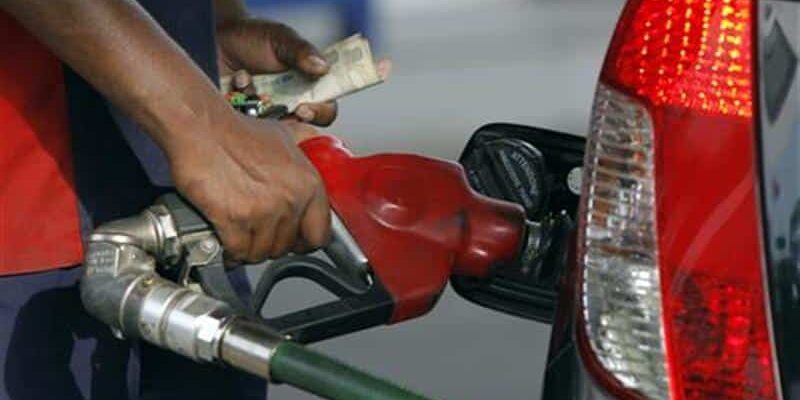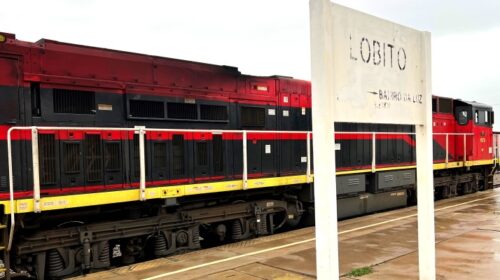President Tshisekedi Urges Fuel Price Reduction Amid Rising Costs
During the eighth meeting of the Council of Ministers, President Félix Tshisekedi called for urgent measures to lower fuel prices in the Democratic Republic of Congo (DRC).
He highlighted potential opportunities within the current petroleum pricing structure that could lead to reduced costs at the pump for consumers.
President Tshisekedi emphasized the need to reassess the average border price (PMF), logistics and operational costs, and various taxation elements.
He instructed the Vice Prime Minister, the Minister of National Economy, the Minister of Hydrocarbons, and the Minister of Finance to evaluate three specific scenarios:
1.Scenario 1: Adjust the average border price (PMF) by capping the premium at the Congolese franc equivalent of $100, potentially reducing fuel prices by 116.43 FC, a 3.4% decrease.
2.Scenario 2: Eliminate pooling and cover logistics costs per unit of volume handled, leading to a price drop of 177.63 FC, or a 5.2% reduction.
3.Scenario 3: Combine the first two scenarios for a total reduction of 335.93 FC, representing a 9.8% decrease in fuel prices.
The President urged these ministers, under the coordination of the Prime Minister, to quickly finalize their analysis and present actionable recommendations that would positively impact fuel prices for the Congolese population.
For years, the DRC government has subsidized fuel prices to protect consumers from the impact of global petroleum price increases.
However, the International Monetary Fund (IMF), in its program supported by the Extended Credit Facility (ECF), has advised the DRC to reform this subsidy system.
The IMF suggests replacing it with targeted aid for vulnerable households to reduce the financial burden on the government.
IMF representatives Mercedes Vera-Martin and Gabriel Léost emphasized that government spending should focus on essential areas such as health, education, and infrastructure investments, rather than broad fuel subsidies.
97 total views , 2 views today





